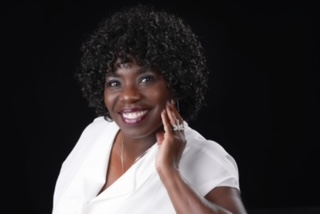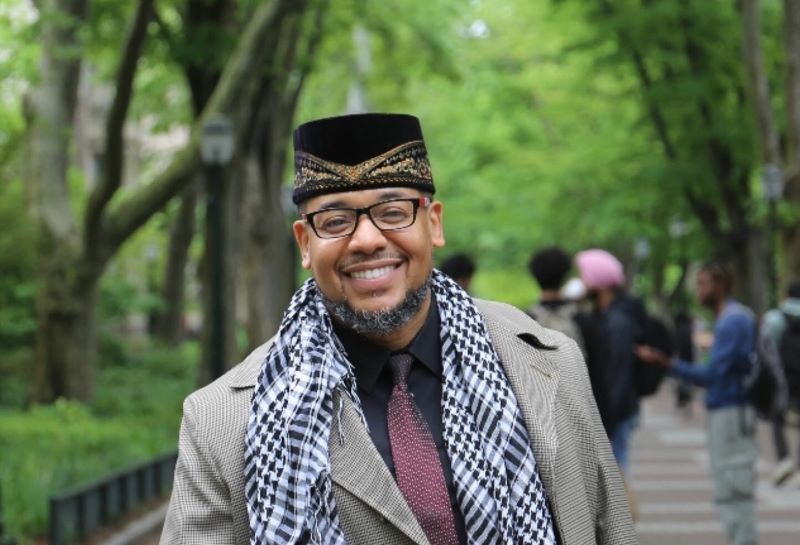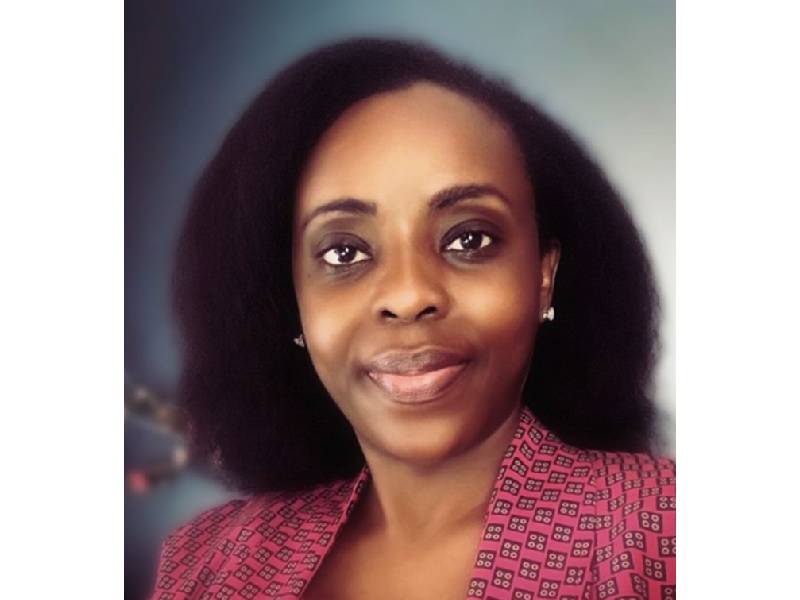
A Prisoner of Hope

Chad Dion Lassiter, MSW, is co-founder and President of the Black Men at the University of Pennsylvania School of Social Work, Inc., at their School of Social Policy and Practice, and is professor of race relations at West Chester University. He is also the Director of Recovery at the Red Cross House for the American Red Cross Eastern PA Region. Lassiter has been a member of the board of trustees for the Community College of Philadelphia and Philadelphia Prison System and has served on the Mayor’s Commission on African American Males.
Defining moments: First, growing up in Philadelphia and seeing so many injustices but also seeing people in my North Philadelphia community displaying such resilience and hope. At an early age I learned the concepts of what it meant to be a prisoner of hope and a wounded healer. Therefore, their narratives and their struggles provided a lens for me as I became committed to using my life to alleviate suffering from a service perspective. Having a strong mother and father and church family shaped me along with the Black Church and Black College.
Significant accomplishment or project: Establishing the Black Men at Penn School of Social Work, Inc. in 2003 with one of my mentors and my graduating classmates. Since that time, we have worked on anti- racism trainings all over the world, mentoring in schools, recruiting Black males unto the profession of social work and providing trauma counseling four weeks after the earthquake in Haiti. Additionally, serving humanity in Africa, Canada and Norway on race and poverty related issues are near and dear to my heart.
Advice for young people: My earnest advice to them is to remain disciplined and dedicated to social change and social justice. Moreover, I encourage them to seek out mentors who want to train them and instill in them those skills and expertise that they will need to combat American White Racism. Lastly, I share with them the great profession of social work that sometimes chooses them.
How to build relationships within the African Diaspora: The work I’ve done in Haiti, Africa and the Dominican Republic informs me that they are willing, and we must do more from our perspective to move beyond the traditional taboos and stereotypes and see ourselves as our brothers and sister’s keepers. There is an African proverb that articulates I am because we are. More partnership between all is a key as well.




